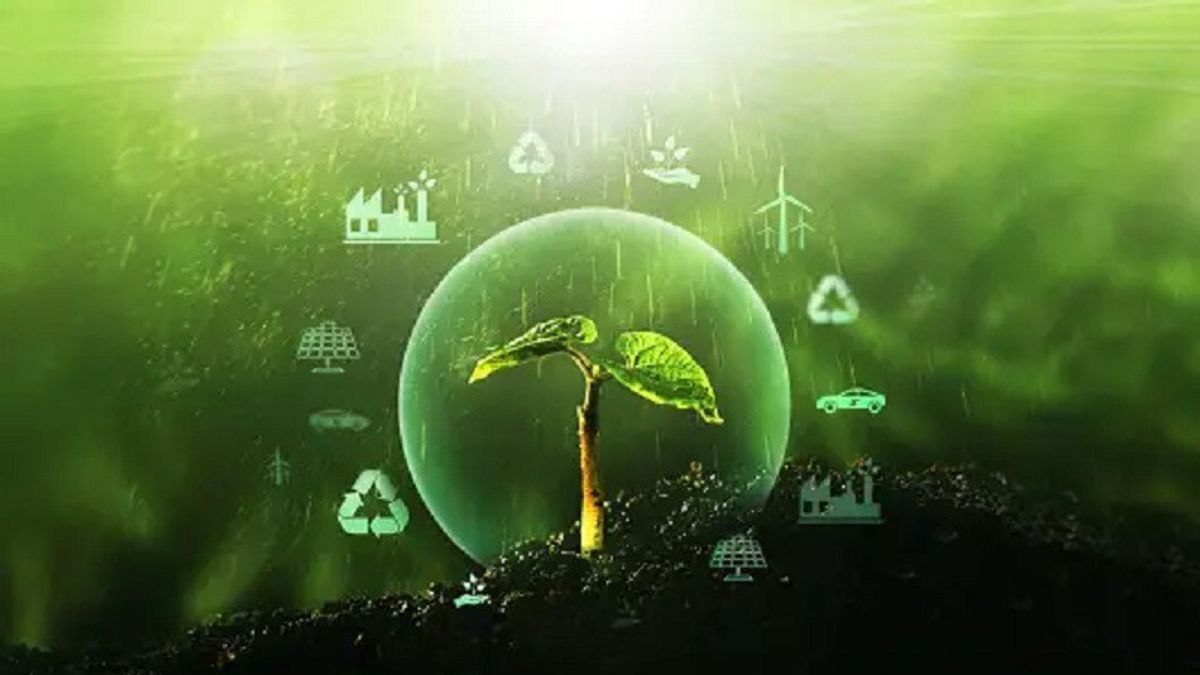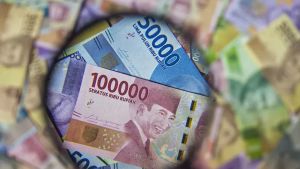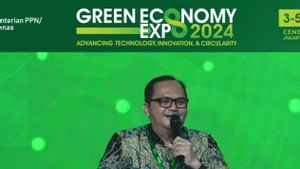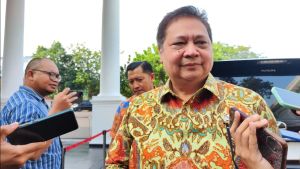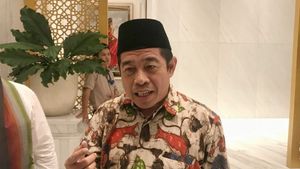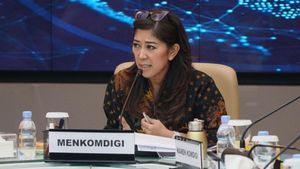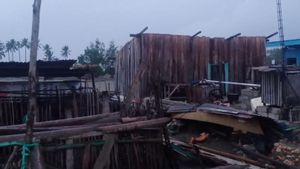JAKARTA - The Ministry of National Development Planning/National Development Planning Agency (PPN/Bappenas) said that the implementation of a green economy in the industrial sector will result in new business opportunities.
"We know that when applying green economic principles, it should be for industry and business people to get new business opportunities," said Deputy for Economic Affairs of the Ministry of National Development Planning/Bappenas Amalia Adininggar Widyasanti at the Green Economy Expo 2024: Advancing Technology, Innovation and Circularity at the Jakarta Convention Center (JCC), Central Jakarta, monitored online on Thursday, July 4.
Amalia said that the implementation of a green economy in the industrial sector needs to be encouraged so that inclusive and sustainable economic growth can be realized immediately. This is based on experience from other countries.
"So, when we encourage a green economy, (will form) inclusive and sustainable economic growth. Not slowing economic growth, but the experience of other countries implementing a green economy will actually have new opportunities," he said.
For example, said Amalia, if currently in the global market everyone wants to buy products that are sustainable and have a tagline that this product is a green product, it is hoped that industrial companies can produce these products.
"This is a sustainable product or green product, it will be more sought after than products that do not include the tagline. This is actually if we have green products, then sustainable. Right, we will have new market opportunities compared to conventional products," he said.
According to him, this is a simple example that currently consumers prefer to buy environmentally friendly products.
"Because with him buying environmentally friendly products, he feels that he contributes to sustainability, SDG's, how he contributes to saving the environment and climate change," he said.
SEE ALSO:
Therefore, continued Amalia, Bappenas has a strategy to encourage the green industry. First, by encouraging five circular economic priority sectors, namely food, textiles, construction, plastics and electronics.
"Second, when we built industrial estates, we asked for several industries to be (built) as Eco Industrial Park (EIP)," he explained.
Then, there is a decarbonization strategy. How industrial companies can transition energy to renewable energy and low carbon. "Then energy efficiency, especially from the transportation sector, there is also industrial electrification," he added.
The English, Chinese, Japanese, Arabic, and French versions are automatically generated by the AI. So there may still be inaccuracies in translating, please always see Indonesian as our main language. (system supported by DigitalSiber.id)
